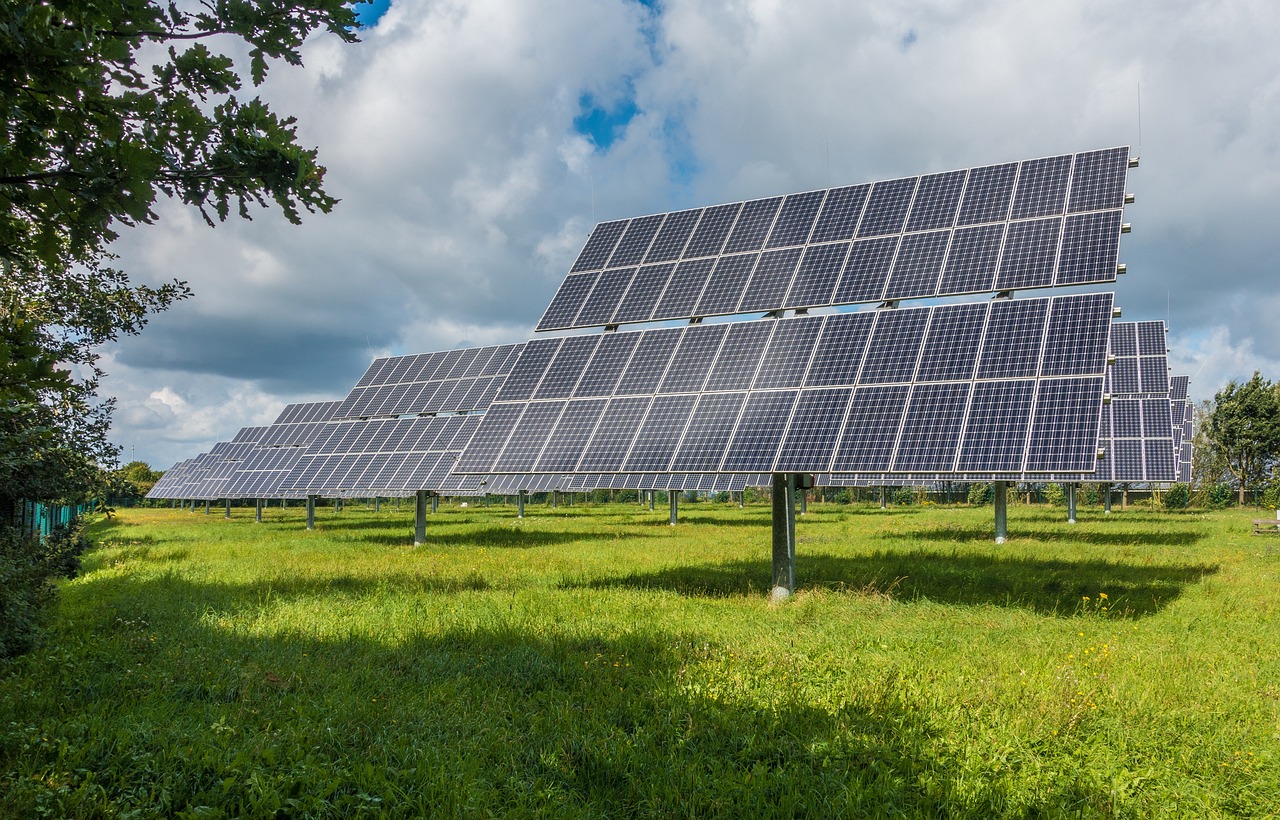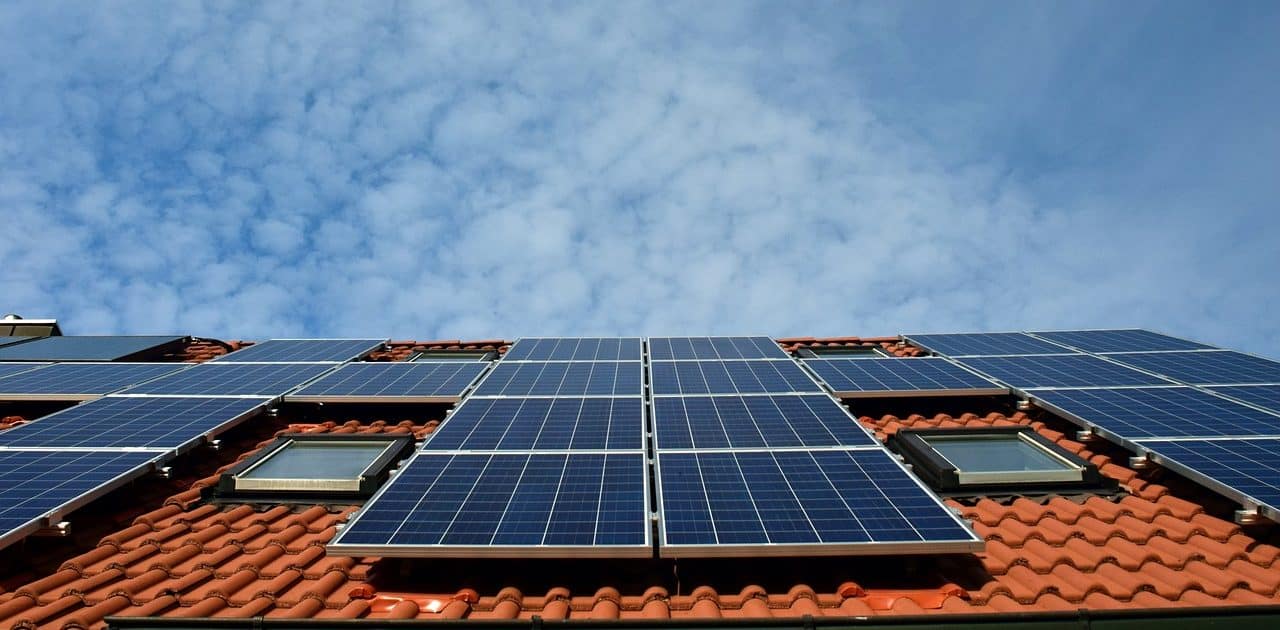
Solar energy is based on the use of light and heat emitted by the Sun.
Solar energy is energy obtained by capturing the heat and light emitted by the Sun. Thanks to its characteristics, solar energy is clean (it does not pollute) and renewable (because it uses resources that do not deplete).
It should be noted that energy is a capacity that consists of transforming or mobilizing something. Within the context of economics and technology, the term refers to the natural resource that can be used at an industrial level thanks to certain associated factors.
The adjective solar , for its part, has several uses. If the meaning that comes from the Latin word solāris is taken, it is about what is linked to the Sun (the luminous star that is closest to the Earth and that constitutes the center of our planetary system).
Harnessing solar energy
It is important to keep in mind that the power of these solar radiations and their use for energy generation vary according to the time of day, atmospheric conditions and geographical location.
The modules that allow the energy of solar radiation to be harnessed are known as solar panels . This concept includes both solar collectors (which capture radiation energy and transform it into thermal energy , generally used to heat water) and photovoltaic panels (composed of numerous cells that convert light into electricity).
In this sense, it is important to highlight the fact that in recent years the use of these devices to capture the Sun's energy has experienced significant growth. The reason? That throughout the world there has been awareness of the importance of environmental sustainability and to this end we are committed to the use of green energy , also called clean energy or renewable energy , although these concepts are not synonymous (an energy can be clean and non-renewable). or vice versa).
Thus, many houses have already implemented a solar panel or other similar products with the clear objective of being able to use the Sun's radiation to illuminate them and to use the devices that need energy for their operation. In this way, the consumption of conventional electrical energy is significantly reduced, which means reducing economic expenses on it as well as reducing pollution.

There are different types of solar energy.
Classification according to type
In addition to all of the above, we have to emphasize that within solar energy there are several types, among which the following two stand out:
- Low-temperature solar thermal energy , which is what is used directly to heat water directly and which receives this name because at no time does the water exceed a temperature of 80 degrees.
- Thermoelectric solar energy . From 300 degrees to 800 degrees are the temperatures that can be reached with the use of this type of energy, which is what is used in large power plants. Basically what they do is work with thermal oil in order to generate the relevant electricity .
Solar energy can be used to drive solar vehicles (with an electric motor that is powered by this type of energy), operate solar ovens (with a scheme similar to the greenhouse effect) or heat environments, to name a few possibilities.

Subsidies for solar energy encourage its adoption.
Advantages of solar energy
The use of solar resources allows us to generate sustainable energy . Like the wind that is used to produce wind energy, the Sun's rays constitute a renewable resource since it is not depleted.
It can be stated, therefore, that solar energy is a sustainable energy . Its environmental impact is almost zero because it does not cause CO2 emissions , therefore it does not contribute to the carbon footprint or promote global warming .
Using energy sources of this type is key to taking care of the environment . They do not encourage climate change since they do not increase air pollution, avoiding accentuating the greenhouse effect.
In search of a reduction in emissions, appealing to non-polluting energy is essential. It should be noted that solar energy can be complemented with other types of energy: even, with its connection to the grid, it allows cost savings and cooperates with energy autonomy .
Points against
Although it is often pointed out as the energy of the future , it must be noted that solar energy has points against it. On the one hand, its generation is directly associated with meteorological conditions and the variability of sunlight.
On the other hand, its exploitation requires a high investment and, on a large scale, large areas of land. It must also be recognized that its energy efficiency in terms of production is low. It is estimated that its conversion into electrical energy is around 25%.
